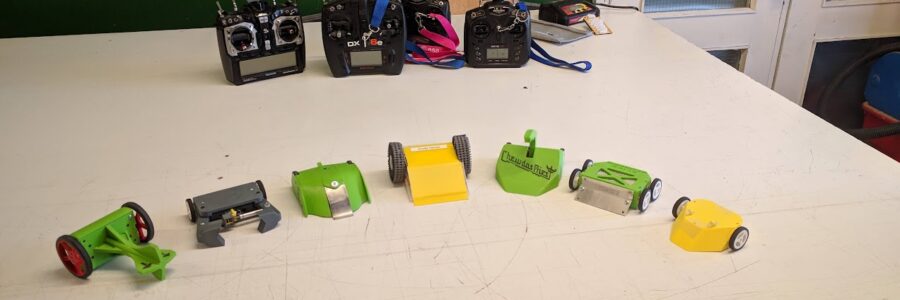
Combat Robotics in the Hackspace
Do you remember Robot Wars from the TV? You might be surprised to know that the UK still has a vibrant robot fighting scene, it’s just gotten smaller and gone underground.
Continue reading »
Do you remember Robot Wars from the TV? You might be surprised to know that the UK still has a vibrant robot fighting scene, it’s just gotten smaller and gone underground.
Continue reading »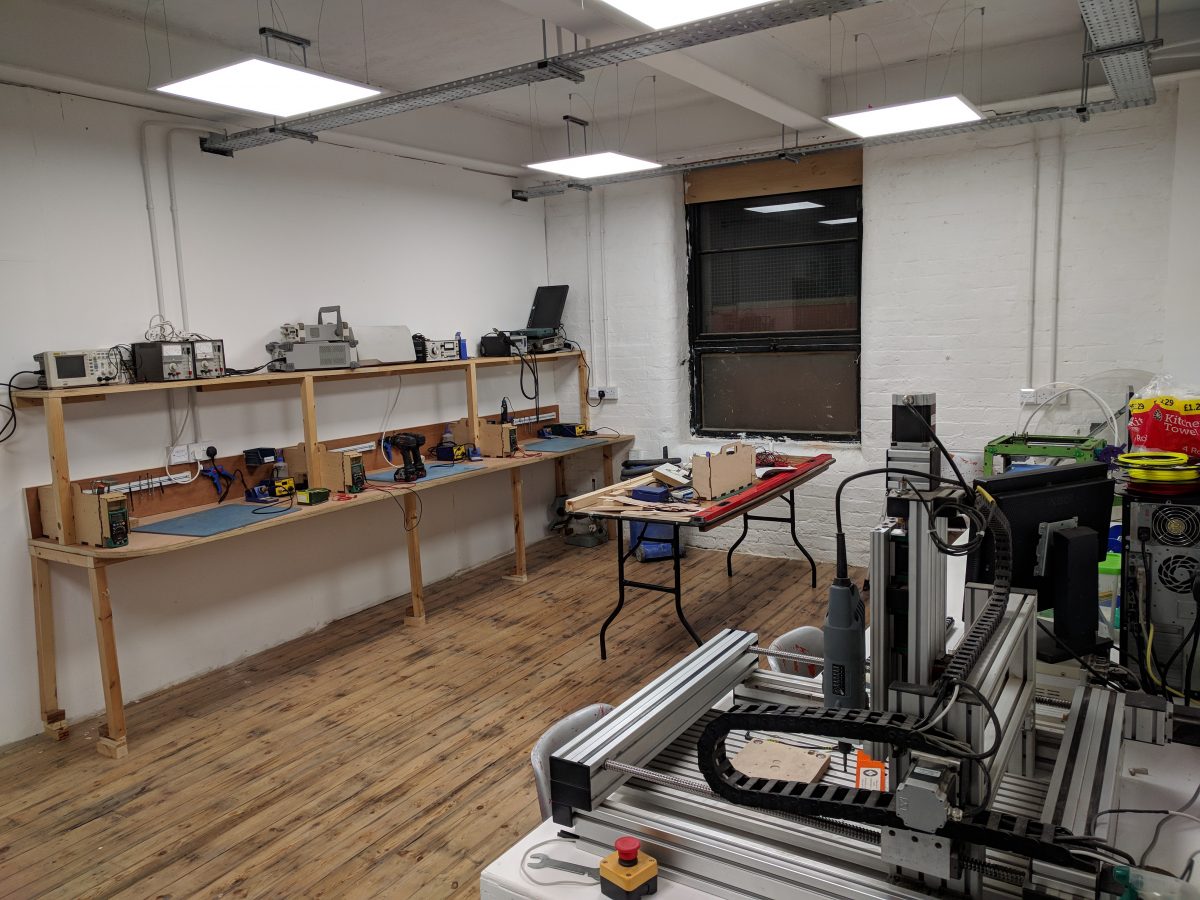
The electronics stations have been moved downstairs into Hackspace 2.5.
Continue reading »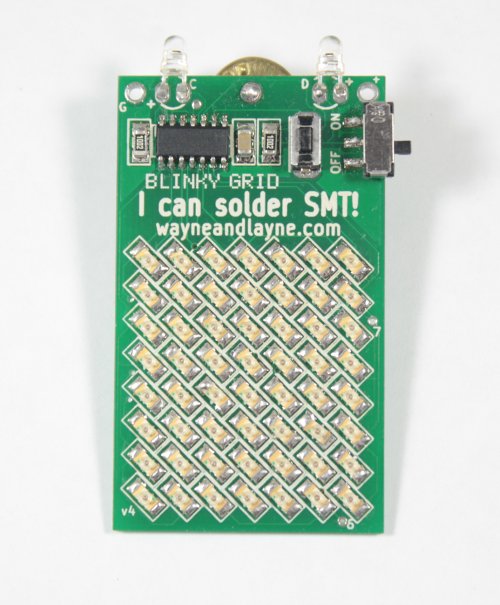
This is a hands-on workshop to create a pretty darn cool scrolling LED display. Its just in time for Xmas messages and easily re-programmable for […]
Continue reading »
Learn how to make a solar-powered USB phone charger in this easy workshop on Thursday, 29 May.
Continue reading »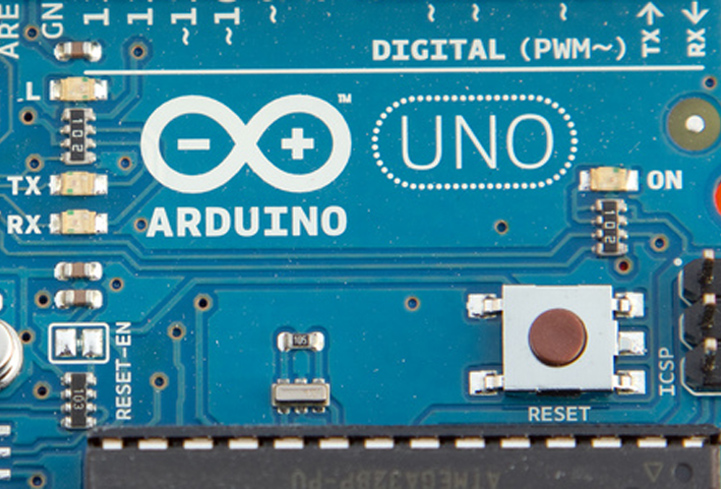
Learn how to use the Arduino board in this all-day popular workshop.
Continue reading »
We’re starting a new series of evenings looking at specific aspects of the Arduino platform, starting on Thursday, 20 March.
Continue reading »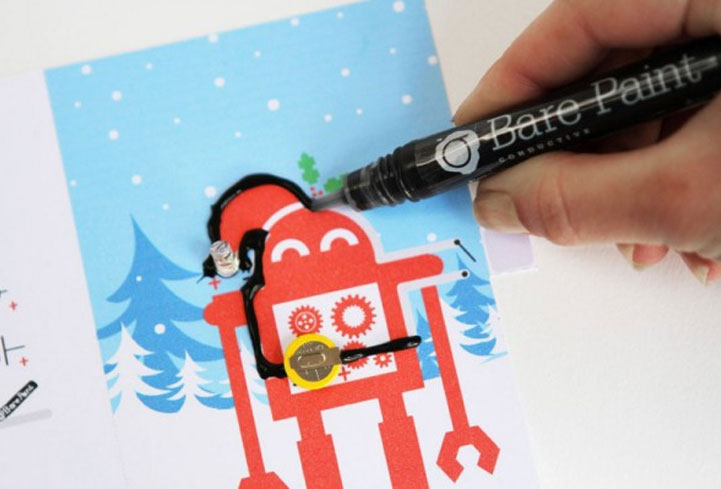
Make a bright and colourful flashing LED Christmas card in this workshop on Saturday, December 14th.
Continue reading »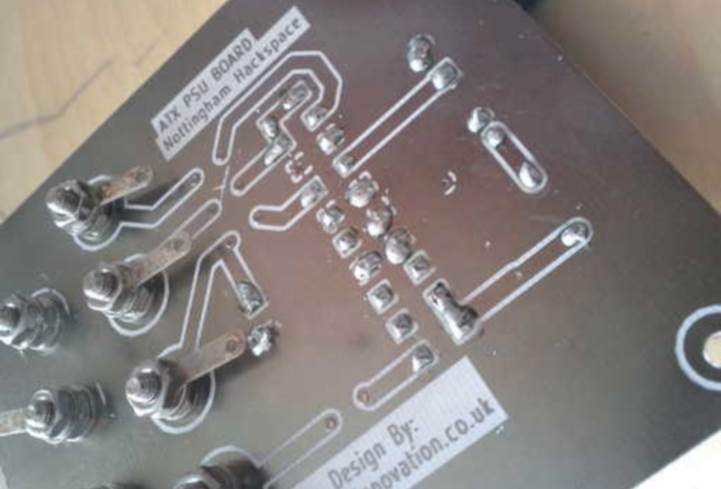
Learn to create and etch your own printed circuit board in this workshop on Thursday 17 October.
Continue reading »
Learn to make a working off-grid photovoltaic system in this all-day workshop.
Continue reading »
Learn how to use the Arduino in this all-day workshop.
Continue reading »